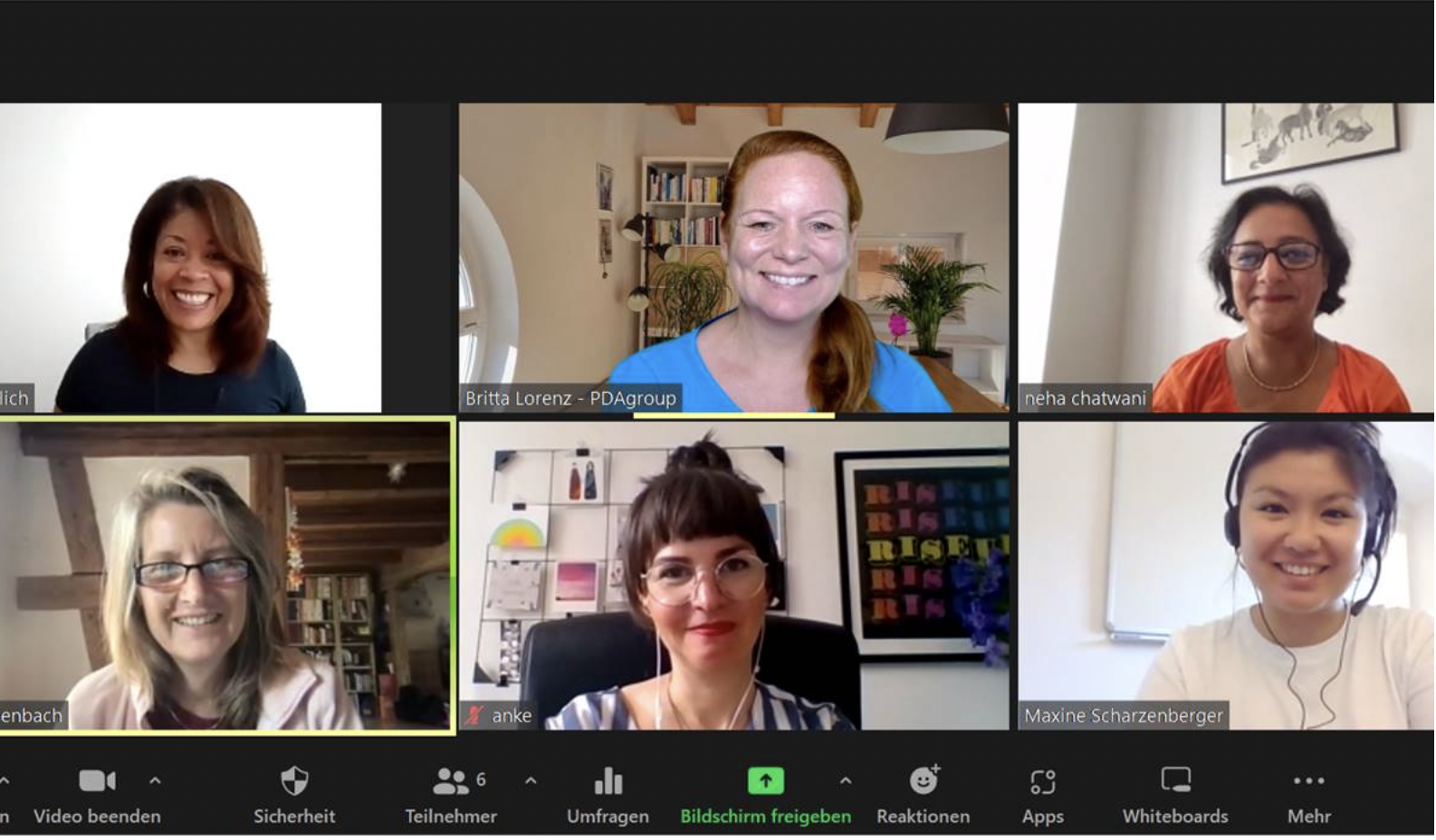Eight great insights on sales enablement inspire by a conversation with WISE/ Women in Sales Enablement (DACH Chapter) on 15th June 2022
- Sales enablement should aim to be about supporting sustainable customer conversations rather than the process of giving a sales team “everything” they need to close deals and win more business. Sales enablement should go beyond business process management, though this may depend on the maturity of the organization.
- Sales enablement tends to focus on communicating content, product information, and a value proposition. So how can enablement be more about supporting the building and nurturing of client relations? Encourage a coaching and reflective leadership attitude within the sales team. Explore the question “what does it really take to be good at sales?” Ask and investigate similar powerful questions rather than always formulating solution seeking actions.
- Buyers are increasingly sophisticated, educated, digitally informed. Enable the sales teams’ credibility with customers by leveraging the individual strengths of the sales team and foster team cohesion through sharing of best practices, and individual strengths. For example, if you have an alpha seller in the group who is a lone wolf and difficult to engage in the team setting try observing, identifying and harnessing some of the transferable skills these sellers have that could be valuable in the development of the average performing sales representative.
- Sales is embedded in a number driven environment. Ironically, numbers are not enough to motivate a sales person . . . the great resignation is a real thing. Purpose is attractive but organisations who do not walk their talk will not retain talent. Even sales professionals want to be seen and treated a whole individuals. Therefore . . .
- Encourage team sharing and peer conversations alongside individual competition. Monetary and tangible rewards tend to plateau and even more is needed to achieve less. So at one point a competitive stance between sales individuals ceases to motivate individuals to better perform. Strike a fair balance between team cohension and this competitive stance. There is merit in setting up a sales team like a sports team: everyone has a role, each recognise and appreciate the strength of the other and all have a common goal.
- Make practicing empathy a value in the sales team. This is about being able understand one’s own emotions. Sales professionals need to be able to pick up on cuese. they need to be able to closely listen to clients and they need to be acutely aware of how they reacting to them. Build emotional intelligence in the sales team through social skills as well as self-awareness and self-regulation.
- Motivating a sales team does matter! It impacts talent retention and fosters higher profits/margins and customer Treat each individual as an individual. Understand their motivation and career goals, to offer transparent career development plans for them. These career and learning plans have to be multi faceted to include not only education focused on company products, and also developing 21st century skills through, for example mentoring, shadowing, stretch assignments. Know what keeps the sales people on this job and what they aspire to. This fosters engagement.
- For an organization to navigate in disruption with agility collaboration is key. Collaboration between HR, sales enablement and hands-on sales leaders is essential for building strategies for retaining and hiring the best At best sales enablement professionals should aim to be ultimate trusted advisors and coaches for the sales team by Emphasizing learning by doing and sharing lessons learned.
Remember everyone wants to be successful!

